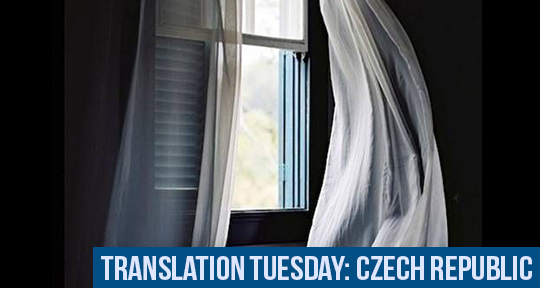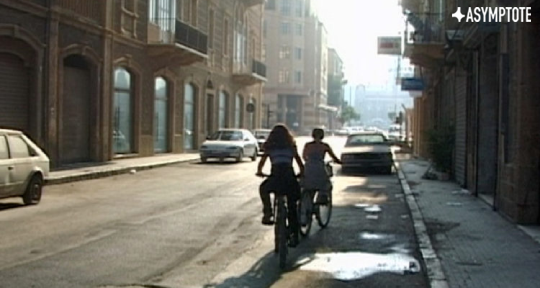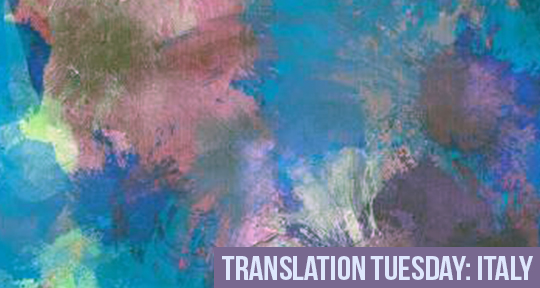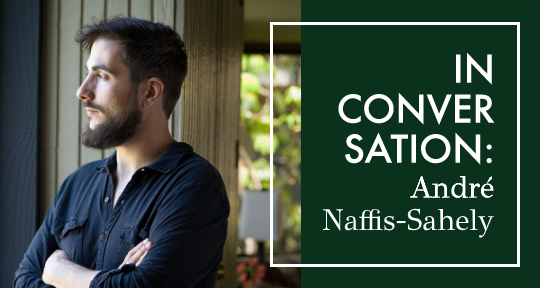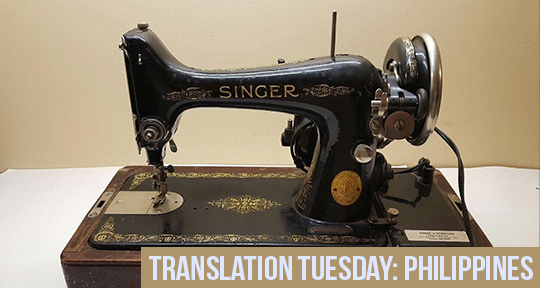The engines of global literature churn on amidst a summer full of suspensions, and our editors on the ground are here to bring you the latest in their developments. Though the Czech Republic and El Salvador mourn the losses of two literary heroes, their legacies are apparent in the multiple peregrinations of their works, continuing. Furthermore: an exciting new Moldovan translation and a resurfaced scandal implicating the widely-lauded Milan Kundera.
Julia Sherwood, Editor-at-Large, reporting from Czech Republic
Poet and essayist Petr Král, who died on June 17 at the age of seventy-eight, was not only an original poet continuing the surrealist tradition, but also a distinguished translator who moved freely between his native Czech and French, the language he adopted after emigrating to Paris in 1968, following the Soviet-led invasion of Czechoslovakia. Král’s translations introduced key poets of the French avant-garde to Czech readers, and the three anthologies he translated and published also helped to put Czech poetry on the map in France. After 1989, he moved back to Prague, and in 2016 was honoured with the Czech State Prize for Literature, while in 2019 he was awarded the Grand Prix de la Francophonie by the Académie française. His loss is mourned equally in Prague and in Paris.
Just over ten years ago, another great Czech-born writer who has made Paris his home, Milan Kundera, was embroiled in a huge controversy after an article in the Czech weekly Respekt alleged that, as a student and an ardent communist, the future writer had denounced another young man to the secret police, resulting in the latter’s arrest and years spent in labour camps. These allegations, which Kundera has always strenuously denied, reared their ugly head again last month, when Czech-American writer Jan Novák published Kundera’s unauthorized biography. As the title suggests, Kundera. Český život a doba (Kundera. His Czech Life and Times) concentrates on the writer’s early life and career before his emigration to France and purports to lift the veil further on “the moral relativist’s” infatuation with communism. The book has caused quite a stir, with some critics hailing it as well-researched and highly readable, while others, including journalist Petr Fischer and author and former Asymptote contributor Radka Denemarková, regard it as little more than a hatchet job, questioning Novák’s use of secret police files as a reliable source of information. Milan Kundera has maintained silence.
On the other hand, underground writer and philosopher Egon Bondy (1930–2007), the enfant terrible of Czech literature and lyricist for the punk band Plastic People of the Universe, never denounced his left-wing beliefs and took revelations of his collaboration with the secret police on the chin. In protest against the splitting of Czechoslovakia, Bondy moved to the Slovak capital, Bratislava, where he devoted himself to the study and translation of Chinese philosophy. In 1997 he wrote his final book, inspired by the life of Lao Tzu. Dlouhé ucho (The Long Ear), which had long been considered lost, was finally published this May, thirteen years after Bondy’s death in a fire that broke out in his flat when he fell asleep with a burning cigarette. READ MORE…




